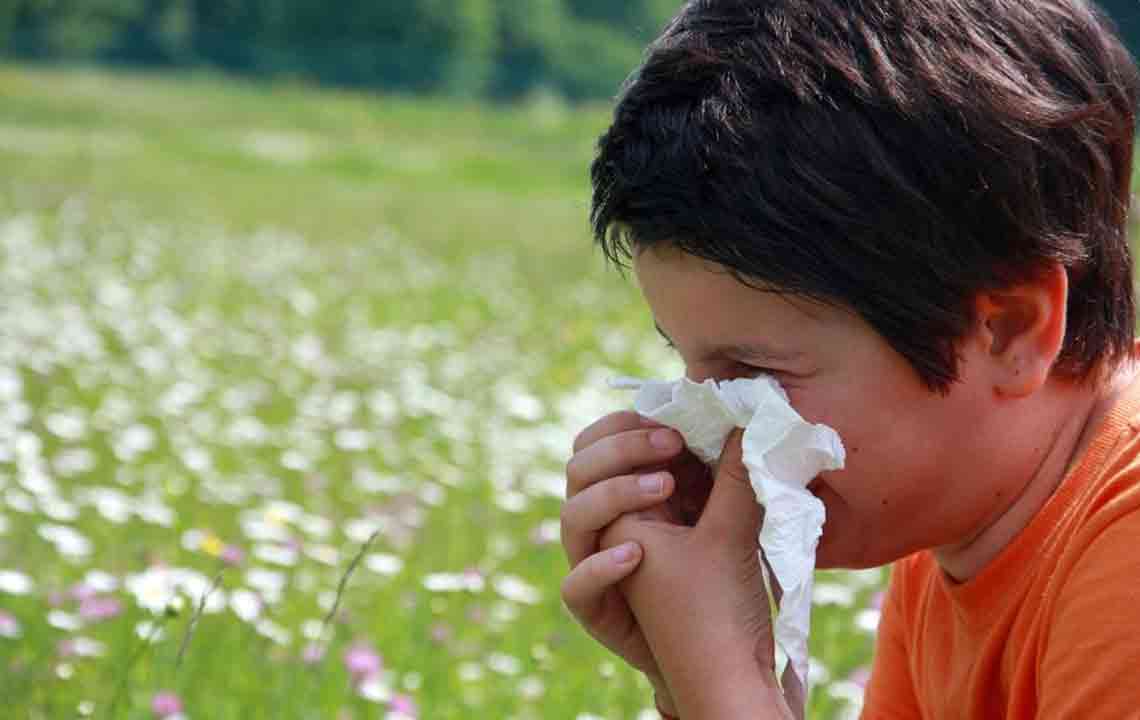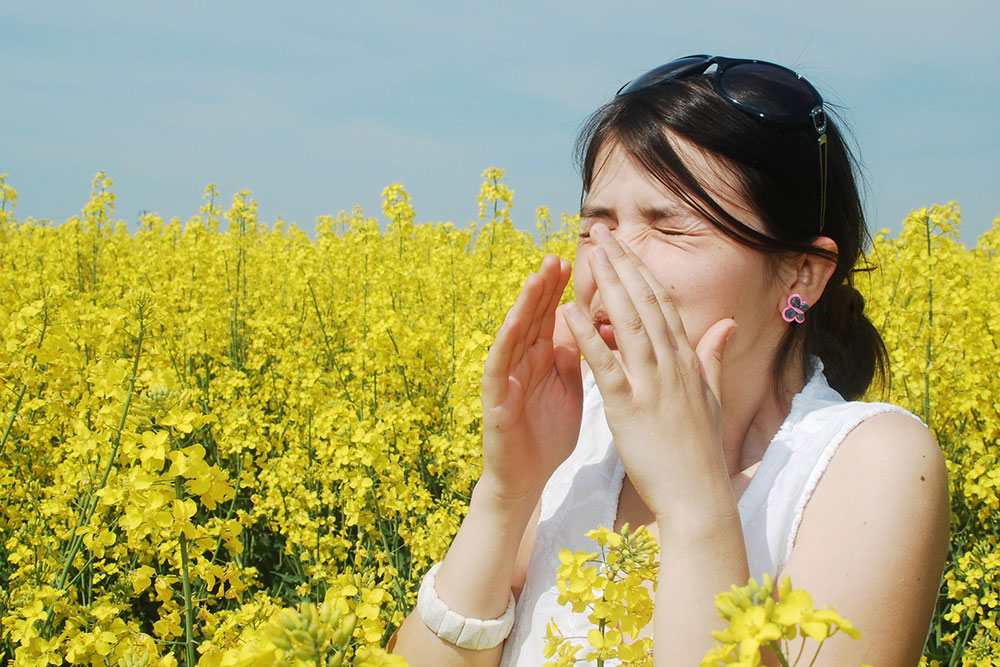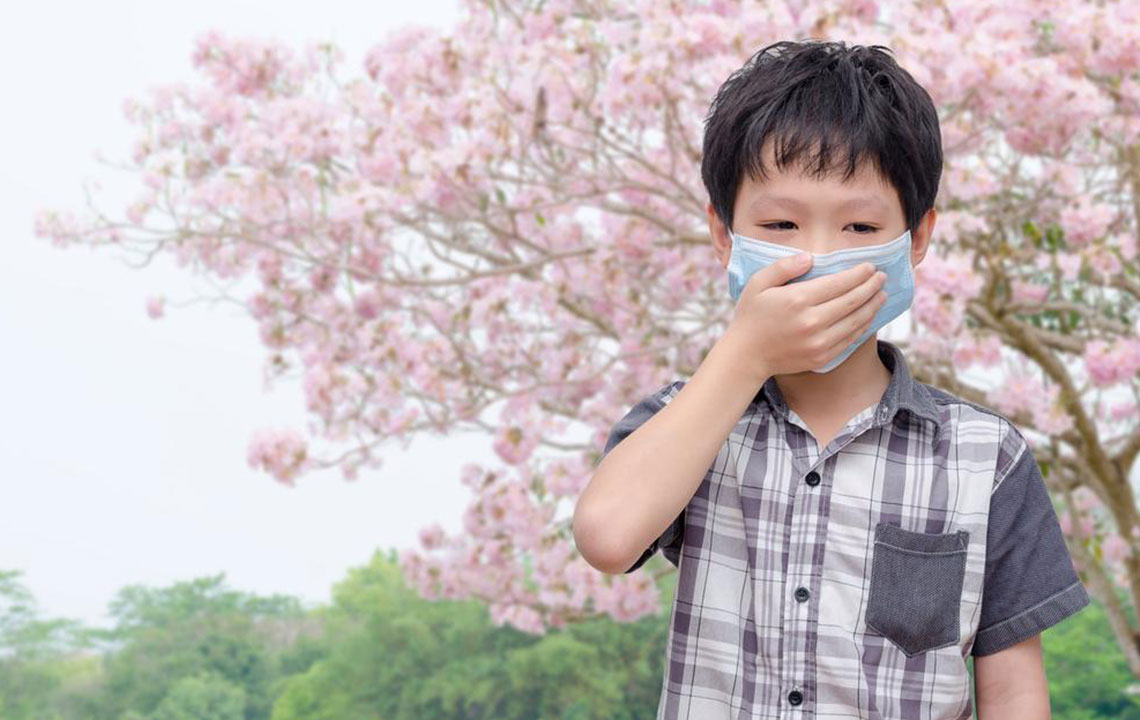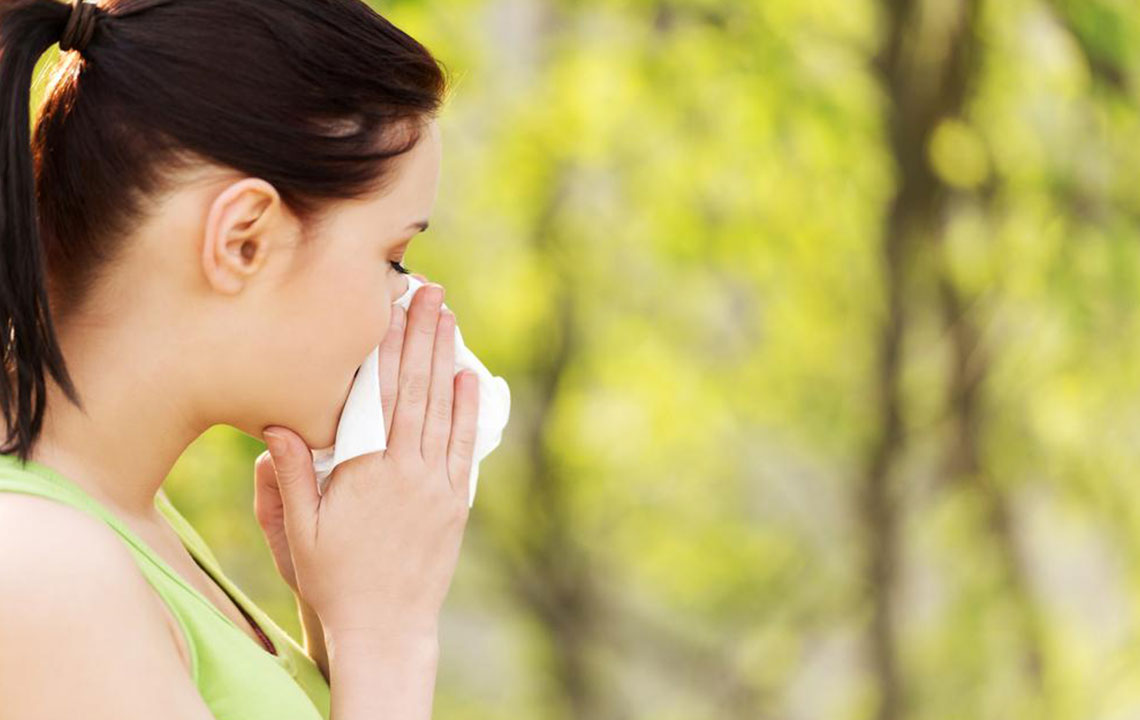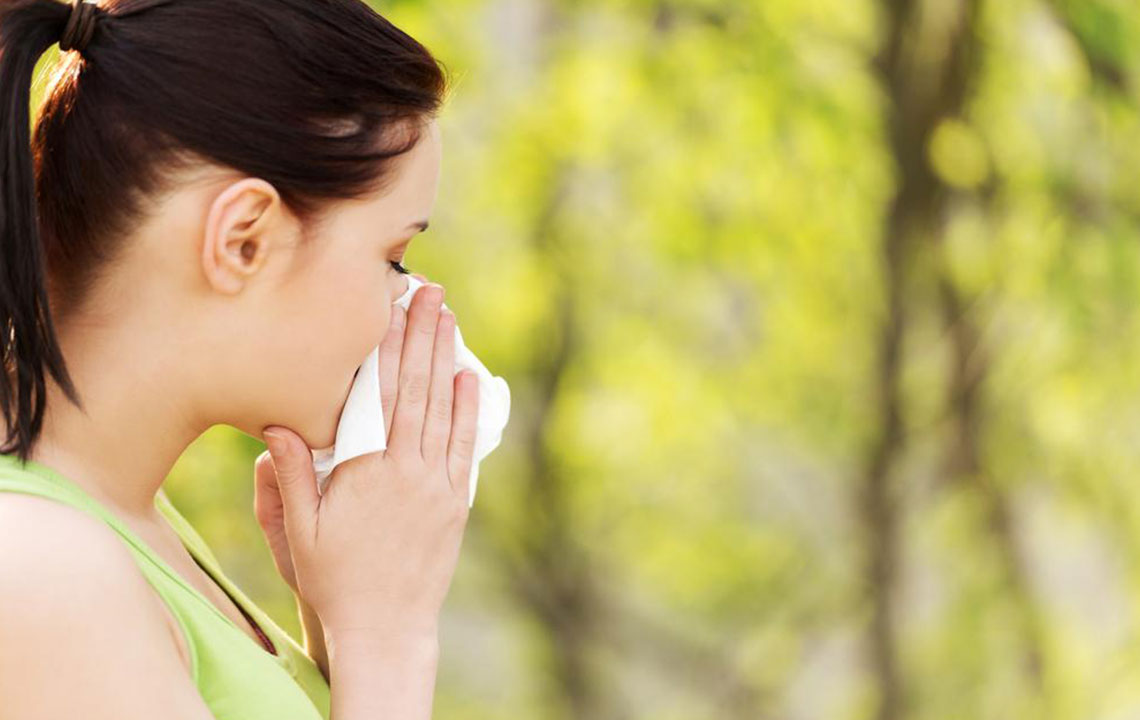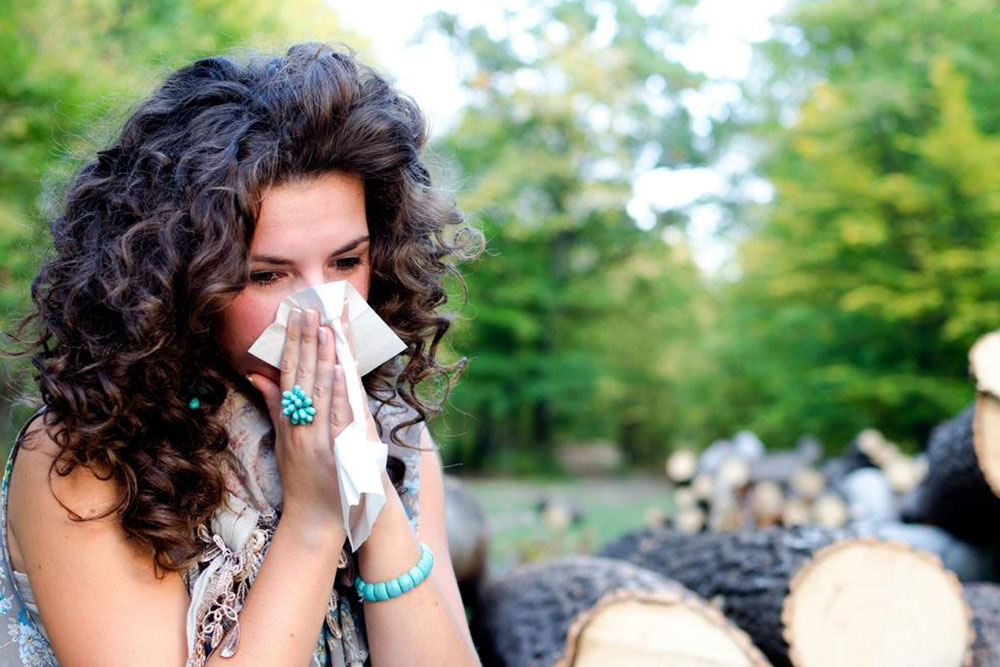Essential Guide to Understanding and Managing Pollen Allergies
This comprehensive guide offers insights into pollen allergy detection, symptoms, and management strategies. Learn about measurement methods, allergy triggers, and remedies like nasal rinses, herbal treatments, and preventive tips. Stay informed with pollen forecasts to reduce exposure and improve quality of life during allergy seasons.
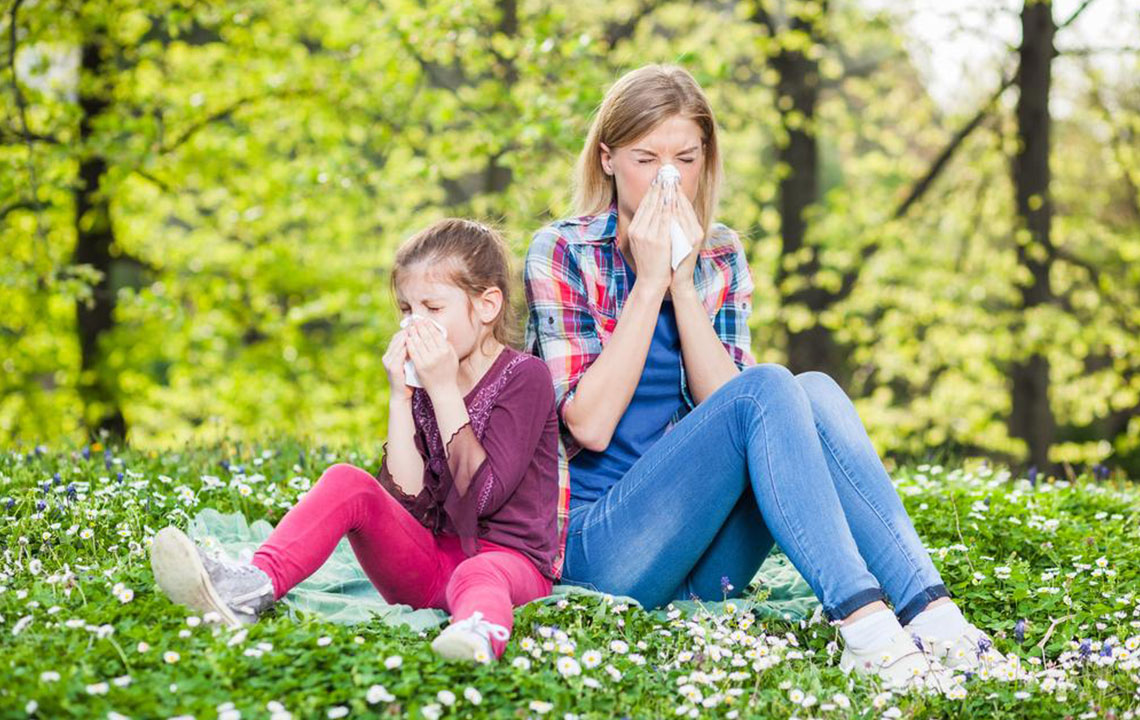
Comprehensive Guide to Pollen Allergy Awareness and Relief
Warm winter days can unexpectedly lead to increased pollen levels in the air. Pollen consists of tiny grains from plants like grasses, olives, and ashes, and its presence is measured to assess allergy risks. Pollen counts are determined per cubic meter of air, with higher counts generally during warm or windy weather. The government conducts nationwide surveys to track pollen levels.
Measurement methods include using a silicon-coated rod rotated in the air to collect pollen, which is then analyzed in labs. Another technique involves the Burkard volumetric spore trap, which uses a rotating sticky drum that captures airborne particles over seven days, aiding accurate pollen count determination.
The primary allergy caused by pollen is hay fever, leading to symptoms like watery eyes, itching, and respiratory issues. Pollen allergies can affect those with asthma or sinus problems, and even individuals without prior allergies may develop sensitivities. Allergy testing involves skin pricks or blood tests to identify specific pollen triggers.
Monitoring pollen forecasts via resources like the National Allergy Forecast can help individuals plan outdoor activities and reduce exposure. Knowing which types of pollen cause your allergy is crucial for effective precautions. Pollen levels tend to peak in the early morning; hence, outdoor activities are better in the evening. Practices such as showering after outdoor exposure and wearing masks outdoors can significantly lower allergy risk.
Effective remedies include nasal saline rinses to clear pollen, consuming omega-3-rich fish oils, herbal remedies like butterbur, and therapies such as acupuncture. Incorporating turmeric into your diet, avoiding outdoor mornings during high pollen periods, and keeping windows closed further help in managing symptoms. Taking proactive steps can make seasonal changes more tolerable for allergy sufferers.

